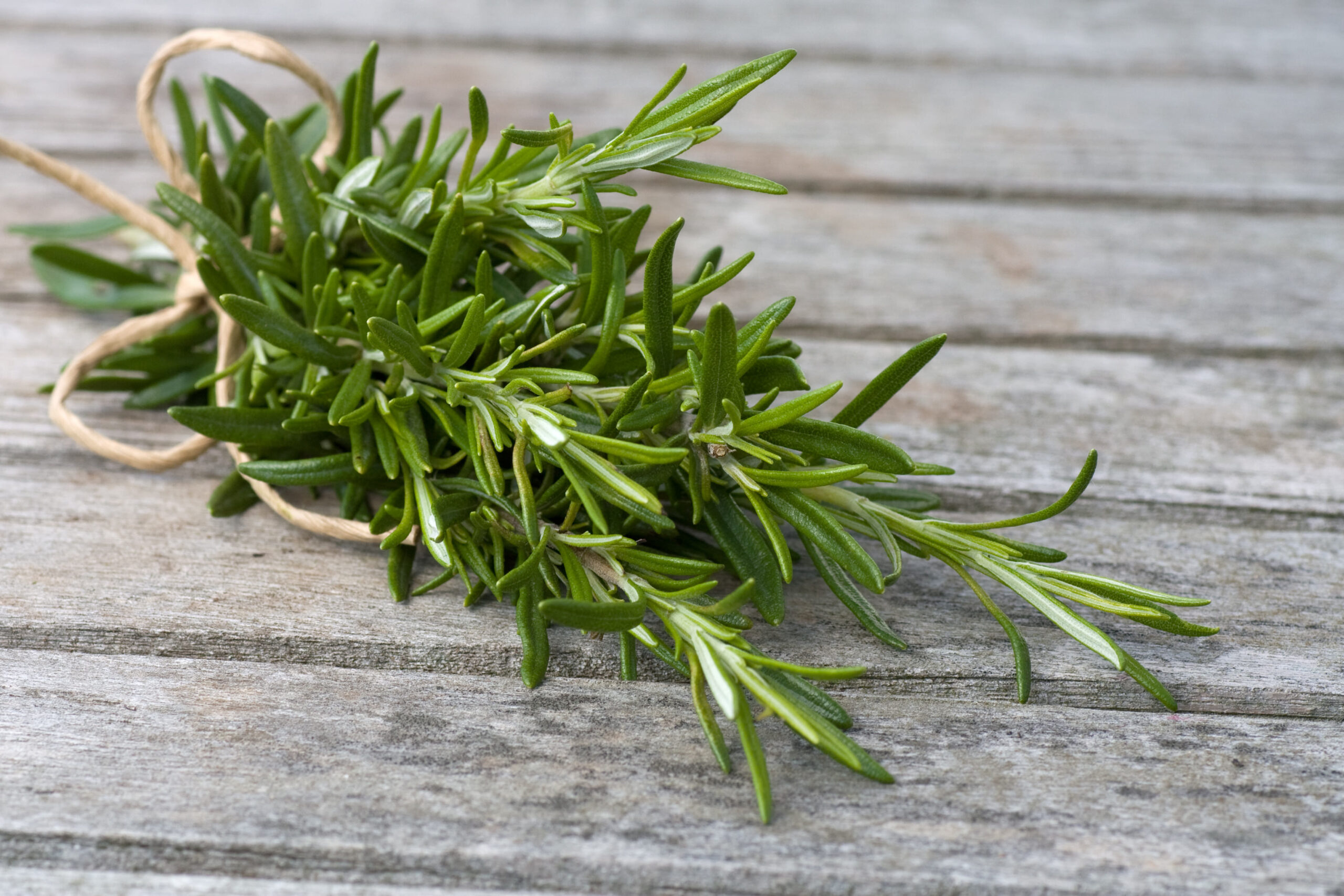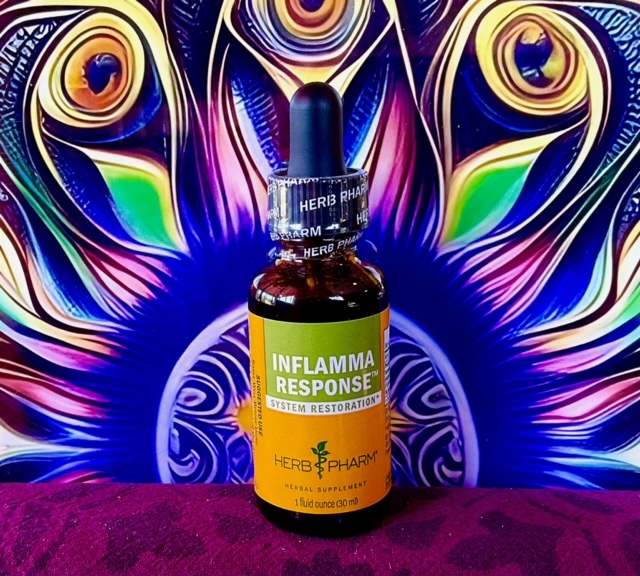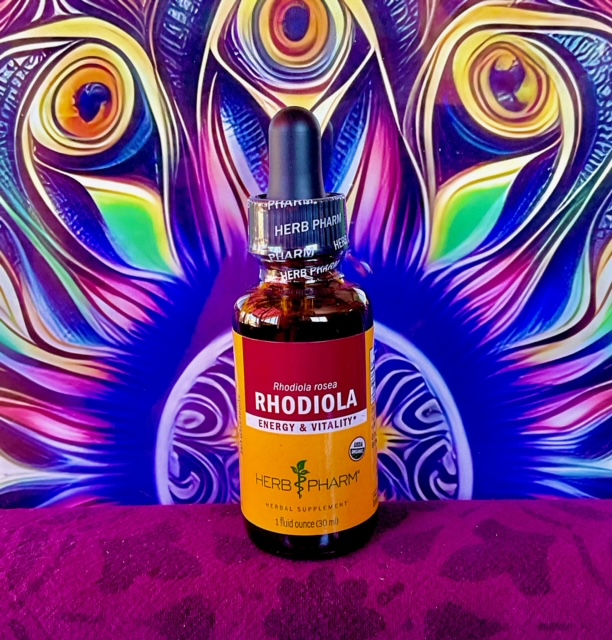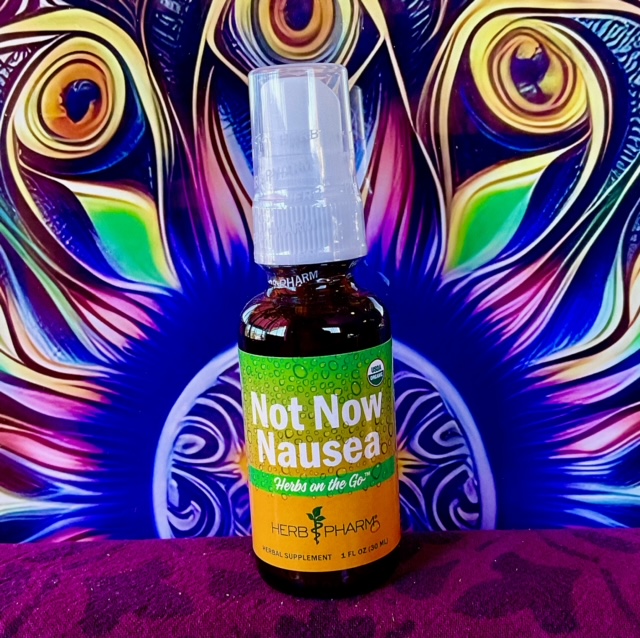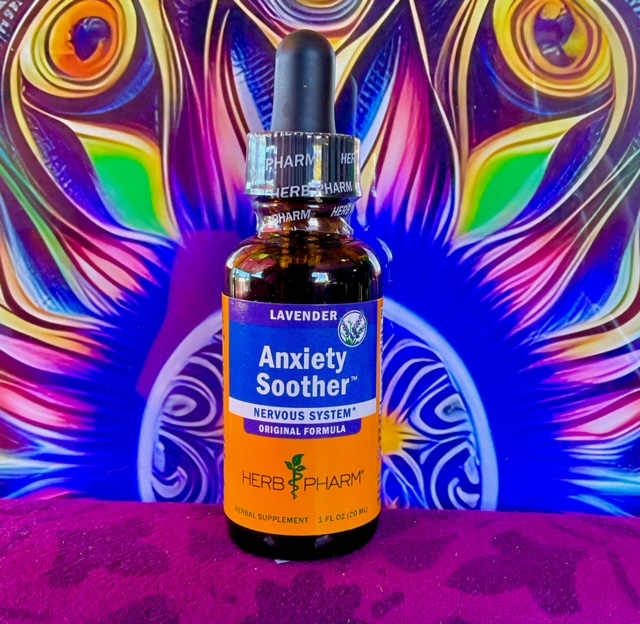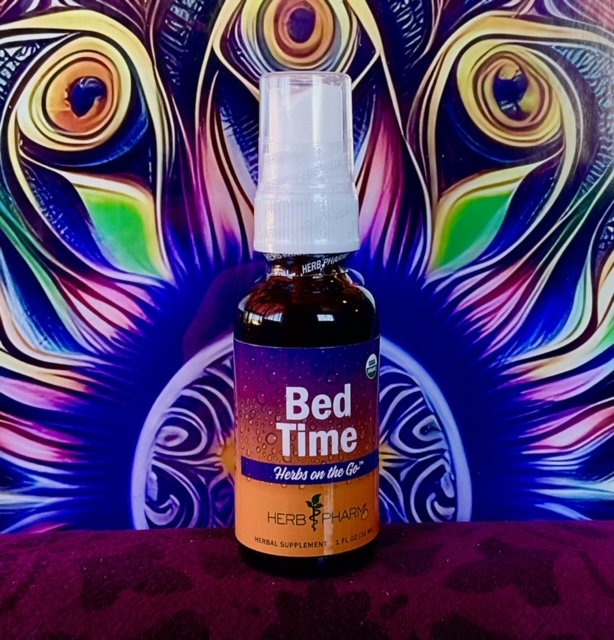The Worst Offenders and the Alternatives.
Most of us kind of know that a lot of the foods on the grocery store shelves are packed full of things we wouldn’t feed our dog, but much of the time we consume these products anyway – without really knowing how bad the stuff is, what it’s doing to us, and without being informed of healthy alternatives. Thanks big corporate for looking out for our best interests!
In this post, we’ll cover the worst offenders, what they do to our bodies, and the healthy alternatives that you can start making now. How? Become a LABEL READER – and avoid the items below!
Remember… “Knowledge is Power” and applying this power can not only change a life, it may even save it.
The Bad Actors
High Fructose Corn Syrup (HFCS):
Found in: Soft drinks, processed fruit juices, flavored yogurts, baked goods, condiments, and almost anything sweet…I mean, it’s everywhere, and it’s SUPER bad for you.
Health concerns: Linked to obesity, insulin resistance, increased risk of type 2 diabetes, potential liver damage, poor skin, digestive issues, and more.
Alternative foods: Choose whole fruits, freshly squeezed juices, plain yogurt sweetened with fresh fruits or a drizzle of honey. Avoid HFCS at all costs!
Refined Sugar:
Found in: Desserts, sodas, candies, baked goods, processed snacks, and more than you’d expect!
Health concerns: Excessive consumption can lead to weight gain, increased risk of type 2 diabetes, tooth decay, and can contribute to chronic inflammation, causing the agitation and proliferation of disease, arthritis, pain, auto-immune disorders, etc.
Alternative foods: Opt for natural sweeteners like raw honey, maple syrup, or dates. Enjoy fresh or dried fruits as a healthier sweet treat. Stay away from artificial sweeteners.
Trans Fats (Partially Hydrogenated Oils):
Found in: Deep-fried foods, fast food, margarine, commercially baked goods, processed snacks.
Health concerns: Raises “bad” LDL cholesterol levels, lowers “good” HDL cholesterol levels, increases the risk of heart disease, stroke, and promotes systemic inflammation.
Alternative foods: Cook with healthier oils like olive oil, avocado oil (has highest flash point), or coconut oil. Snack on nuts, seeds, or avocados instead of processed snacks containing trans fats.
Monosodium Glutamate (MSG):
Found in: Packaged soups, processed meats, snack foods, Chinese food, flavored chips.
Health concerns: May cause headaches, flushing, sweating, and allergic-like reactions in sensitive individuals.
Alternative foods: Prepare homemade soups and meals using natural ingredients like herbs, spices, and vinegar. Opt for fresh and minimally processed foods to avoid hidden sources of MSG.
Sodium Nitrite and Sodium Nitrate:
Found in: Processed meats (hot dogs, bacon, sausages, deli meats), canned meats, smoked fish.
Health concerns: Can form harmful compounds called nitrosamines, which are associated with an increased risk of certain cancers.
Alternative foods: Look for nitrate-free or uncured versions of processed meats. Choose fresh or naturally smoked fish instead of processed fish products.
Artificial Food Coloring:
Found in: Candy, breakfast cereals, flavored drinks, fruit snacks, baked goods.
Health concerns: Some artificial food colors have been linked to hyperactivity in children and may cause allergic reactions in sensitive individuals.
Alternative foods: Select foods with natural coloring agents like beetroot, turmeric, or spinach extracts. Enjoy a variety of fresh fruits and vegetables for vibrant and natural colors.
Butylated Hydroxyanisole (BHA) and Butylated Hydroxytoluene (BHT):
Found in: Processed meats, snack foods, cereals, chewing gum, vegetable oils.
Health concerns: BHA and BHT are potential carcinogens and have been associated with allergic reactions and hormonal disruptions.
Alternative foods: Choose minimally processed snacks and whole foods to reduce exposure to artificial preservatives. Look for products that use natural antioxidants like vitamin E or rosemary extract instead.
Sodium Benzoate:
Found in: Carbonated drinks, fruit juices, pickles, salad dressings, condiments.
Health concerns: When combined with certain food additives, sodium benzoate can form benzene, a known carcinogen.
Alternative foods: Choose beverages that are free from artificial preservatives or opt for homemade options like infused water or herbal teas. Make your own dressings and condiments using fresh ingredients to avoid sodium benzoate.
Potassium Bromate:
Found in: Bread, rolls, wraps, baked goods, flour mixes.
Health concerns: Considered a possible human carcinogen and has been banned or restricted in several countries (BUT not the US)
Alternative foods: Look for bread and baked goods labeled as “bromate-free” or made with alternative flours like whole wheat, spelt, or oat.
Artificial Flavorings:
Found in: Processed snacks, flavored drinks, candy, frozen desserts, breakfast cereals.
Health concerns: Some artificial flavorings may contain undisclosed ingredients or allergens, and excessive consumption may contribute to an unhealthy diet.
Alternative foods: Use natural flavorings like vanilla extract, citrus zest, or cinnamon to enhance the taste of your dishes. Choose snacks and desserts made with real fruits or natural flavorings.
High Levels of Sodium (Salt):
Found in: Processed and canned foods, fast food, packaged snacks, condiments, and a whole lot more.
Health concerns: Excessive sodium intake is associated with high blood pressure, increased risk of heart disease, stroke, and kidney problems.
Alternative foods: Flavor your meals with herbs, spices, and citrus juices instead of relying on excessive salt. Read food labels and choose low-sodium or no-salt-added versions of canned or processed foods.
Artificial Preservatives:
Found in: Packaged meats, canned foods, salad dressings, margarine, baked goods.
Health concerns: Some preserrvatives have been linked to allergic reactions, hormonal disruptions, and potential carcinogenic effects.
Alternative foods: Opt for fresh, whole foods instead of processed foods that contain artificial preservatives. Choose organic or natural alternatives that use safer preservatives or opt for homemade options.
Seed and Vegetable Oils (such as soybean oil, corn oil, canola oil):
Found in: Processed snacks, fried foods, salad dressings, baked goods.
Health concerns: These oils are often high in omega-6 fatty acids and low in omega-3 fatty acids, which can promote inflammation in the body and cause an exhaustive list of health problems. BAD STUFF.
Alternative foods: Cook with healthier options like extra virgin olive oil, avocado oil (highest flash point), or coconut oil. Choose snacks and processed foods that use healthier oils like olive oil or coconut oil.
Non-Organic Foods
Found in: Processed foods, conventionally grown fruits and vegetables, meats, dairy products, and packaged snacks.
Health concerns: Non-organic foods can contain pesticides, hormones, antibiotics, and other harmful chemicals, which are linked to cancer, hormone disruption, antibiotic resistance, and environmental damage.
Alternative: Choose organic foods to avoid exposure to these chemicals. Opt for organic fruits, vegetables, grains, meat, dairy products, and snacks to support sustainable farming practices and reduce health risks. It may be a little more expensive, but not near the cost of the pain and suffering of a hospital stay for God only knows what.
By incorporating these alternative foods and ideals into your diet, you can make healthier choices and reduce your consumption of harmful ingredients commonly found in processed and packaged foods. Remember to prioritize whole, fresh, and minimally processed options for optimal nutrition and well-being.
If you, like many, are already sick thanks to our western diet, there is no magic bullet or super supplement that will miraculously cure you if you aren’t willing to meet half-way. Remove the cause so you can begin to heal. There are many remedies for ailments, but only one sure way to make sure you don’t fall right back into the same situation. Remove the source of the cause and give the body what it actually needs to heal. What ails you?




